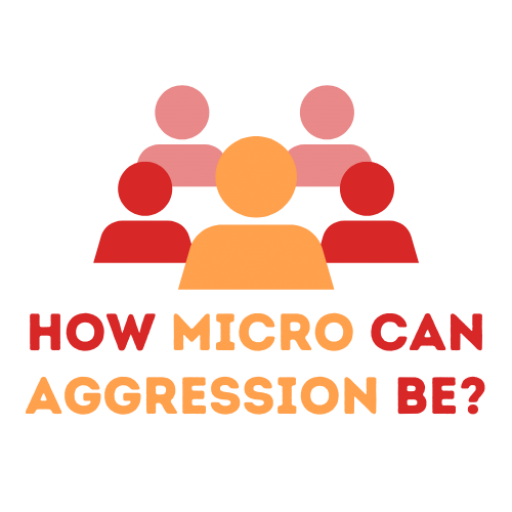Step 3: Vulnerability
Before the facilitator asks the participants to be vulnerable, the facilitator needs to be vulnerable themselves. They share a story from their own life when they experienced a micro-aggression that caused them harm. This validates that people do get hurt by them, and they are not being difficult.
The facilitator is leading by example and invites the participants to be vulnerable too. The facilitator asks the participants about their individual experiences with micro-aggressions. Make clear that nobody has to share anything they are not comfortable with (15 minutes).
- Who here has experienced a micro-aggression and wants to take up space to talk about their experience?
- How do you feel about practicing setting boundaries and teaching methods that validate your internal response? (The facilitator encourages participants to be open-minded, and if they discover it is not for them, then that is also ok.)
Keep the focus on the issue of micro-aggression without going too deep into the individual’s experience: Validate their experience, but do not linger in their pain.
- “Thank you for sharing your story.”
- “I appreciate how open you are.”
- “That must have been exceedingly difficult, thank you for telling us
